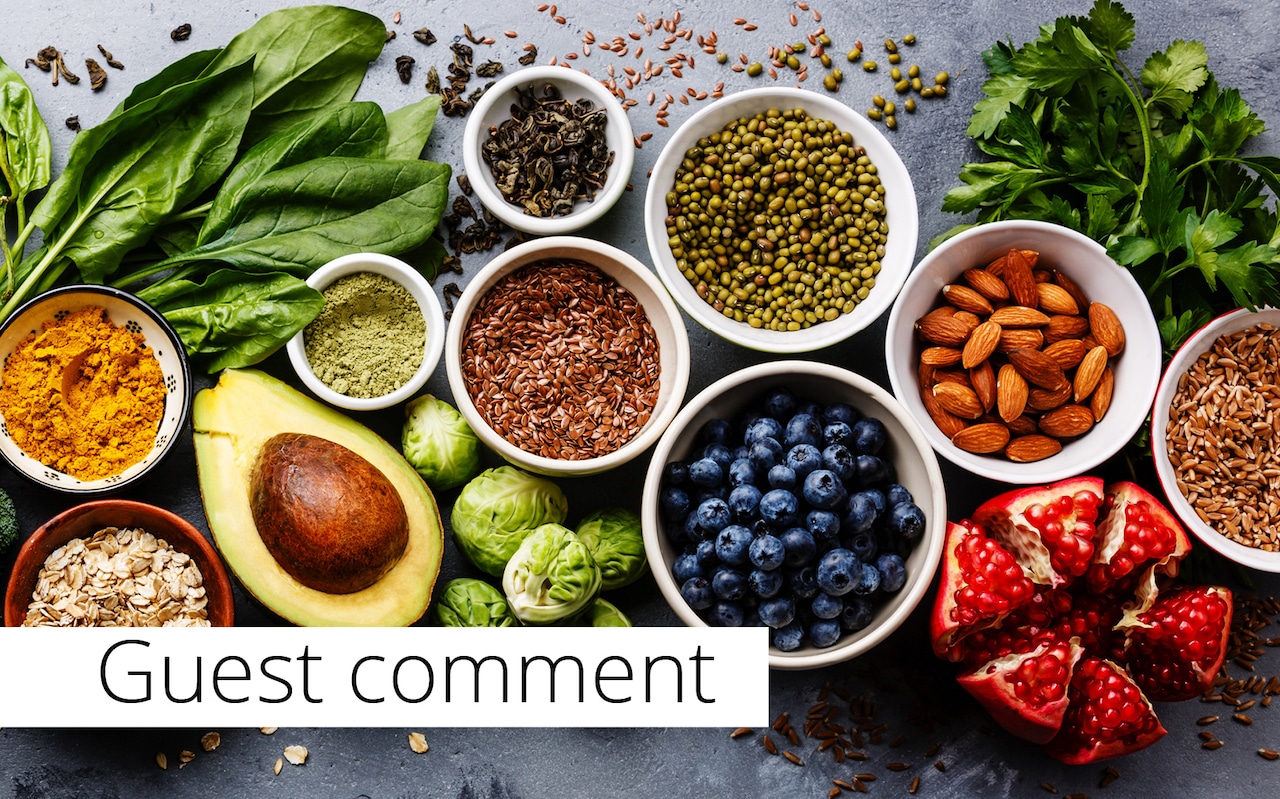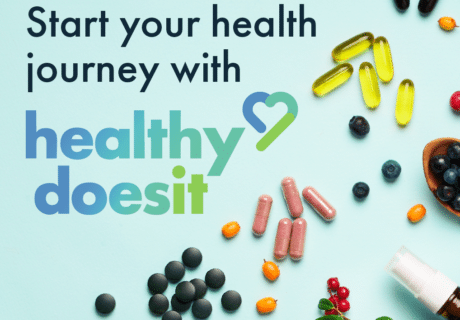Zoe Oates, director of The Honest Bean Co., discusses food miles in the context of sustainable food choices
Food miles have come to the forefront of the minds of consumers and food producers alike in recent years, as people are becoming more aware that our global food system is not sustainable as it currently stands. Food production, supply and consumption systems simply cannot accommodate both the present and the future needs of our growing population.
Food miles consist of the distance food is transported from the time of its making until it reaches the consumer. If ingredients have been transported from a long way, they may have a heavy carbon footprint. For instance, transporting food within, to and around the UK produces 19 million tonnes of CO2 annually – equivalent to around 5.5 million typical cars. What’s more, flying in food typically creates around ten times more carbon emissions than road transport and around 50 times more than shipping. So, it makes sense that in a bid to eat more sustainably consumers look to cut down on their food miles, shop local or purchase products that are produced in the UK where possible. Buying local and seasonal food is not only sustainable but is tastier and can be more affordable.
However, looking at the bigger picture, it is not always as simple as reducing food miles, as not all products are produced equally, or are environmentally friendly or sustainable. For instance, producing red meat is environmentally taxing due to the methane gas produced.
The Food and Agriculture Organization of the United Nations (FAO) provides a detailed definition of sustainable diets, stating they are those with ‘low environmental impacts which contribute to food and nutrition security and to healthy life for present and future generations’. The FAO further defines sustainable diets as ‘protective and respectful of biodiversity and ecosystems, culturally acceptable, accessible, economically fair and affordable; nutritionally adequate, safe and healthy while optimizing natural and human resources’.
We cannot continue to exhaust our planet’s finite resources, which our current food system relies upon so heavily
The definition therefore suggests that, broadly speaking, plant-based diets are more sustainable than those rich with animal products, as they use fewer natural resources and are less taxing on the environment. The definition also highlights that we cannot continue to exhaust our planet’s finite resources, which our current food system relies upon so heavily.
I am not suggesting that everyone should follow a completely vegan diet, but alongside aiming to shop local and cut back on food miles, consumers should look at cutting down on meat and dairy consumption. Even small steps like incorporating a ‘meat-free’ Monday each week could be beneficial in reducing consumers’ carbon footprint. When eating meat or dairy, it is vital to be aware of labels and look for products with the highest levels of animal welfare and with the lowest levels of food processing. There are labels which represent quality assurance standards, such as the Red Tractor or organic.
It’s our job as food manufacturers to ensure that we provide the great British public with not only the best quality food possible but which is also sustainable and ethically produced. This is what we aim to do at The Honest Bean Co. It forms part of our ethos. It’s all part of the responsibility of running a food business. This is why we have created a plant-based snack with high nutritional value. Both of our staple ingredients (oil and beans) are grown and processed in the UK, which is why our dip makes the perfect, more sustainable alternative to conventional hummus, made with chickpeas and olive oil that have been imported from halfway across the world.





